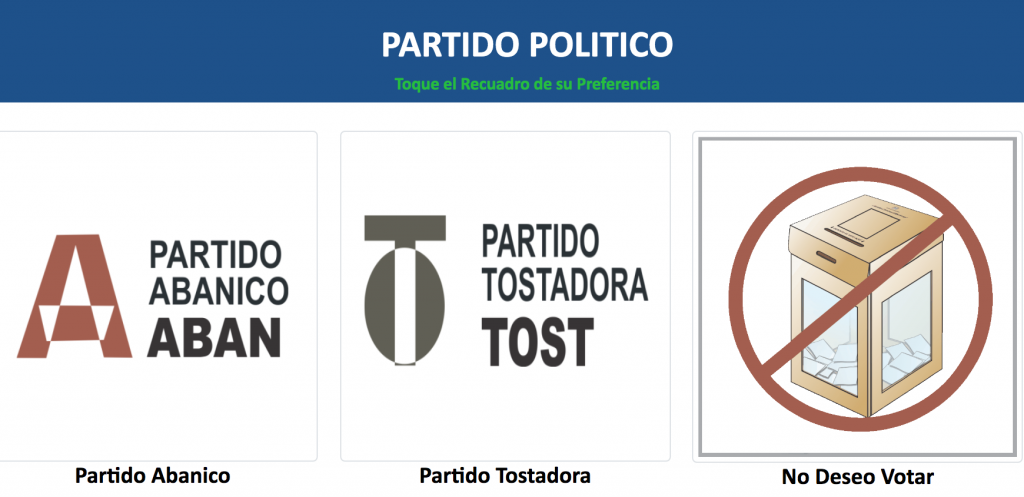
In a statement delivered to the Central Electoral Board (JCE) on Tuesday, 12 November 2019, several political parties rejected the contracting of Deloitte to perform forensic auditing of the automated voting system used for the 6 October 2019 primary. “The irregular hiring is aggravated by the information that directly links the representative of Deloitte in the Dominican Republic, José Luis de Ramón, with services to the government of President Danilo Medina, among which his participation in the audit related to the contracting the construction of the Punta Catalina power plant stands out. Consequently, this contract is equivalent to the government auditing its own fraud,” says the communication.
The statement is signed by the political parties People’s Force-Workers Party (Fuerza del Pueblo-Partido de los Trabajadores), National Progressive Force (Fuerza Nacional Progresista – FNP), Quisqueya Christian Democrat Party (Quisqueyano Demócrata Cristiano – PQDC), Socialist Institutional Bloque (Bloque Institucional Socialista -BIS) and National Unity (Unidad Nacional – PUN). This political coalition backs the presidential aspirations of former President Leonel Fernández.
The forensic audit was called after Fernández alleged there had been widespread fraud related to the automated voting system used for the 6 October 2019 primary in which Gonzalo Castillo was named the winner. Castillo had the backing of President Danilo Medina.
In its arguments included in the document presented to the JCE protesting the contracting of Deloitte, the political parties said the hiring of Deloitte Costa Rica to perform the forensic audit of the equipment used in the 6 October primaries is illegal. The parties say that Art. 43 of Law 340-06 indicates that when services are of an exceptionally complex or highly specialized nature or services that require innovation, the modality based exclusively on the proposal and the quality of the technical proposal will be used. For that reason, the award granted to Deloitte that was justified by the JCE president for being the lower cost offer is illegal, says the statement.
“The amount of this contract, which is around US$300 thousand, is not related to the technical complexity involved in carrying out a true forensic technical audit of the electronic voting system, which is the object of multiple irregularities”, states the document.
The political parties say that the representatives of political parties and pre-candidates who participated in the primaries were not allowed to participate in the selection process of the company that would be hired for the requested audit. They claim that the JCE ignored the request that representatives of the United Nations, the European Union, the Organization of American States (OAS) and the United States be integrated into the process.
The statement was presented in a meeting of political parties summoned by the Central Electoral Board (JCE) on Tuesday, 12 November 2019 to discuss the continued use of the automated voting system and the forensic audit of the automated voting system used in the simultaneous primaries of political parties on 6 October 2019.
Orlando Jorge Mera, delegate of the opposition Modern Revolutionary Party (PRM) that also participated in the 6 October primaries, reportedly has accepted the audit by Deloitte but has requested the audit be increased to a 30% coverage, not 5% as announced by the electoral authorities.
Miguel Angel García, IT director for the JCE, said that the Deloitte audit would focus on vote privacy, integrity o the data, offline operation, the source program analysis and evaluation of the technological structure that backs the automated vote with an emphasis on security.
Read more in Spanish:
Listin Diario
Diario Libre
N Digital
13 November 2019

